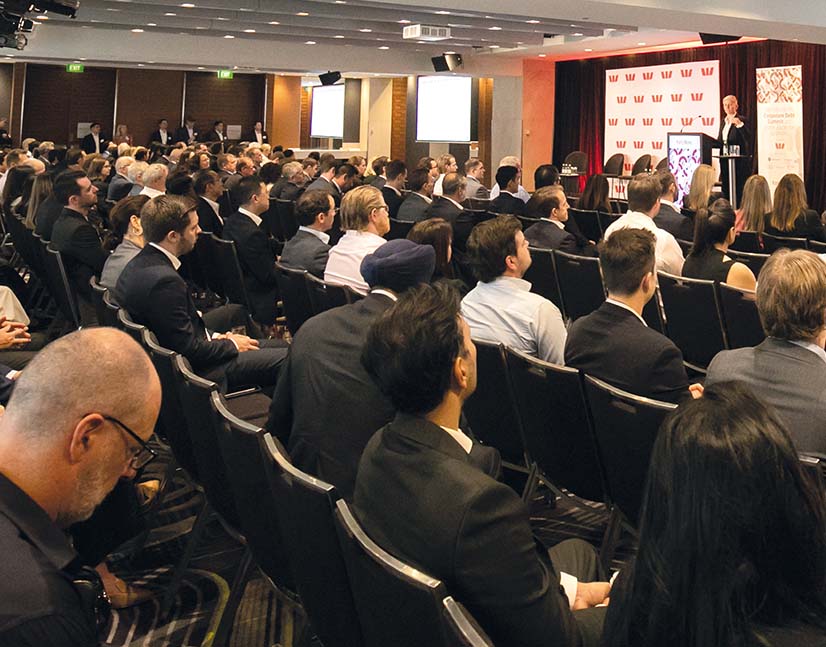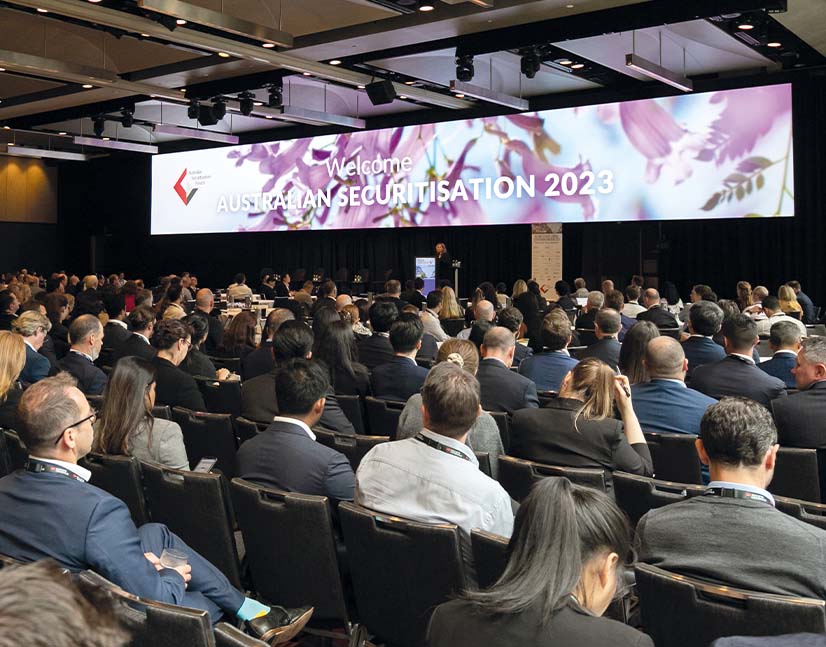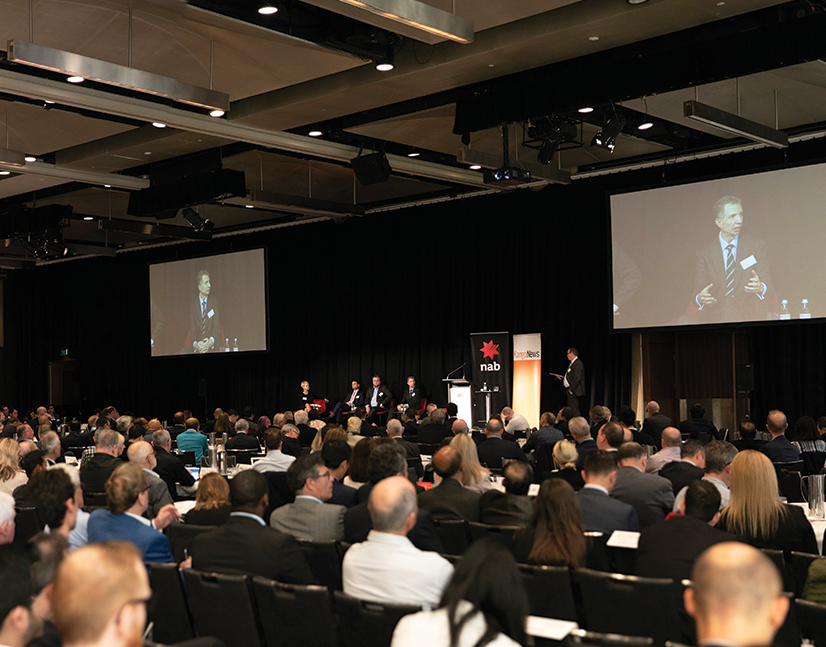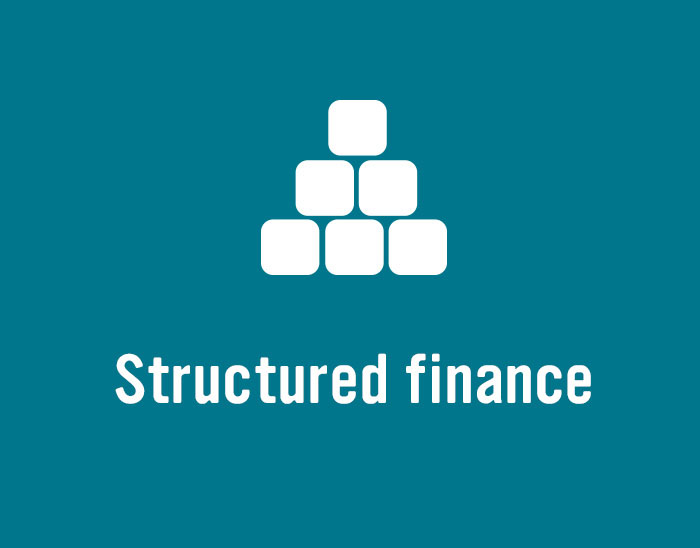
Securitisation issuers should embrace sustainability
Securitisers not embracing sustainability-aligned issuance could expose themselves to future pricing risk as investor mandates demand more green bonds, according to market participants speaking about a new Australian Securitisation Forum-Perpetual report.
The economics of the cost curve are helping develop the market and will make sustainability a fixture in the securitisation in future, according to John Rohl, chief financial officer at Brighte. Speaking at a Perpetual and Australian Securitisation Forum (ASF) sustainability in securitisation webinar on 21 September, Rohl said customers and capital providers are demanding greater action.
“There’s the social will—people want to take action – and I think [investors] are excited about the opportunity,” he said. In particular, home-loan customers want products that embrace sustainability, he added.
The webinar followed the release of the Perpetual and ASF 2021 Sustainability in Securitisation Report, which found investors are driving emerging trends in securitisation toward sustainability in Australia. The study showed the pandemic has galvanised support though issuers are also concerned about supply, greenwashing and impact-measurement issues.
During the webinar, Gary Lembit, the report’s author and senior manager, client insights and analytics at Perpetual, said investors have demanded more information from issuers over the past 18 months. While this is partly due to jurisdiction demands, particularly for European investors, it was also a result of client pressure, he said.
Harmonisation remains an issue in sustainable finance in general and the structured-finance sector in particular—setting metrics, collecting data and reporting on impact is difficult and resource intensive. Meanwhile, investors are increasingly requesting and expecting reporting and disclosure on a company’s environmental, social and governance (ESG) standards.
“People are vexed by measurement and standards,” Lembit explained. “Global investors are demanding information not only on investments but also on the organisations they deal with. This information spans the range of ESG and not all of this is easy to measure.” Social factors are also difficult to measure in a quantitative way, he noted.
Backing the report’s findings, Adrian Chow, associate portfolio manager at Realm Investment House, said sustainability is now a key topic of discussion in stakeholder meetings. “Everyone is interested in implementing an ESG policy and trying to work out how to do good in the world,” he added. “It has progressed and it will not take long for laggards to catch up.”
Grace Tam, director, investments at the Clean Energy Finance Corporation, said the pandemic accelerated market development. There has been an increase in social-bond issuance to finance COVID-19 vaccine development and healthcare, Tam said.
This has encouraged investors, issuers and governments to think about ESG-themed bonds. “The development of the corporate and sovereign bond sectors will permeate and seep through into the securitisation industry,” Tam noted.
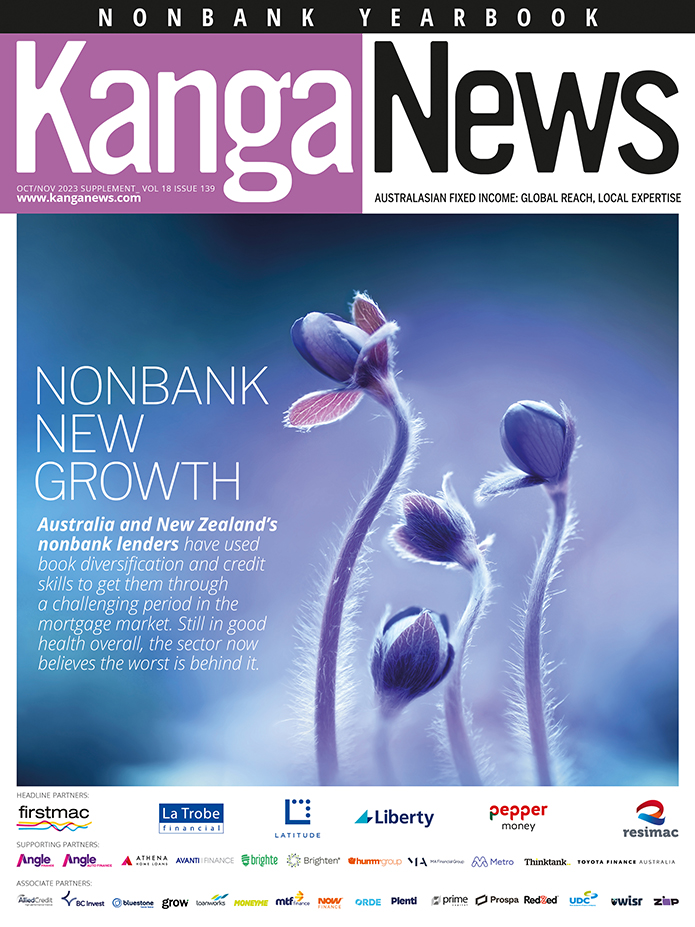
nonbank Yearbook 2023
KangaNews's eighth annual guide to the business and funding trends in Australia's nonbank financial-institution sector.
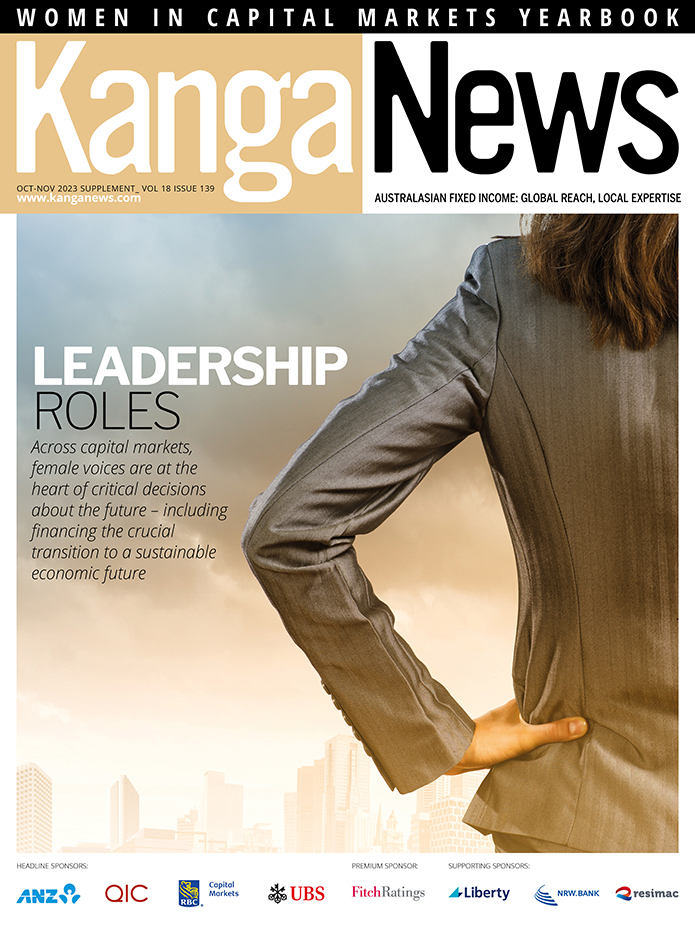
WOMEN IN CAPITAL MARKETS Yearbook 2023
KangaNews's annual yearbook amplifying female voices in the Australian capital market.








